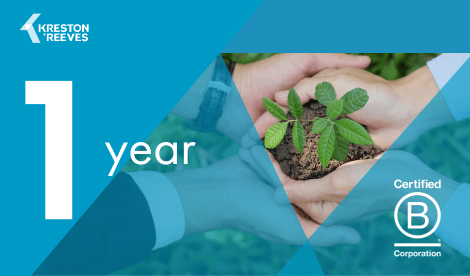23rd April 2024 We raised £3,000 after completing the Three Peaks Challenge
An intrepid team of our people completed the gruelling Yorkshire... Read more
Suggested:Result oneResult 2Result 3
Sorry, there are no results for this search.
Sorry, there are no results for this search.
View all peopleAn intrepid team of our people completed the gruelling Yorkshire... Read more
After 40 years working in practice, I have decided it... Read more
I really enjoyed being involved with the judging for The... Read more
The Charity Commission has published collated information from charities’ Annual... Read more
The Charities Act 2022 has introduced several changes to charity law, aiming... Read more
When considering resurrecting a dissolved company, such as the potential... Read more
Following on from the update in March after the Spring... Read more
A small team from Kreston Reeves and Brachers were privileged... Read more
This time last year, we were delighted to achieve B... Read more
Our 2023 ESG impact report covers activity from 1 January... Read more
Our 2023-2024 B Corp™ impact report outlines our impact scores... Read more
It is now expected that the Government will call a... Read more












